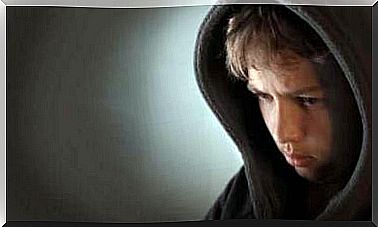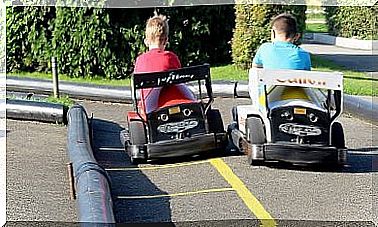Higher-order Skills: Why Are They Important?

Higher-order skills are internalized through the learning processes a person goes through. In fact, from birth the human being continuously learns, both through language and communication with others and with the environment.
Learning takes place in a social and cultural context and is an individual activity aimed at acquiring knowledge through study, exercise or experience. Let’s see together why higher-order skills are so important.
What does it mean to learn?
As we have said, learning is about acquiring knowledge. This does not only mean memorizing, but also understanding and enhancing the concepts learned. Therefore, other cognitive skills are needed, such as the ability to analyze and synthesize.
These higher-order skills allow people to assimilate information about concepts, procedures and values. Furthermore, this information creates new functional mental representations to be applied in different contexts and circumstances.
Learning, therefore, is a skill that allows people to develop, learn and acquire habits, build and modify attitudes and behaviors. In short, human learning allows us to develop the skills necessary to adapt the motor and intellectual environment.

Abilities of a higher order
Within the intellectual skills that must be developed by people through learning processes, there are other more complex ones called “higher order skills”.
Mathew Lipman, in his book Complex Thought and Education , talks about building better quality thinking that develops higher psychological functions. The author refers to a way of reasoning more similar to that necessary in an investigation, which constantly questions itself.
Therefore, Lipman argues that higher-order skills need to be developed and defines them as “ The set of internalized, organized and coordinated actions that promote adequate information processing, focused both on the information to be processed in itself, as well as the structures, the processes and strategies that are used to elaborate it . “
The higher-order capabilities are as follows:
- Analysis. Ability to distinguish and separate the different parts of a whole until you get to know its principles or elements.
- Summary. Ability to understand the composition of a whole from knowledge and the whole of its parts.
- Conceptualization. It is the ability to extrapolate the necessary and sufficient traits to describe a situation, a phenomenon or a problem.
- Information management. Ability to visualize the constituent elements of a situation as a system. That is, as a set of rules, principles or measures that are linked together.
- Critical thinking. Ability to think for yourself, analyzing and evaluating the coherence of one’s ideas, both what is read, what is heard, what is observed.
- Investigation. It is the ability to propose precise hypotheses about what is being studied. Furthermore, it involves the collection of data and information for the purpose of verifying hypotheses and, subsequently, the formulation of laws and theories.
- Metacognition. It is the ability to reflect on one’s thoughts.

Importance of higher-order skills for higher-order thinking
Underlying higher-order thinking is the development and management of the higher-order intellectual capacities we have mentioned.
While higher-order thinking will only appear with maturity, it is important that the abilities that enable it develop and strengthen from an early age. This can be done in both family and school settings, and in other fields of formal and informal education.
In short, higher-order skills are important for structuring complex thinking capable of dealing with both content and procedures. Furthermore, they are important because they allow the development of rational and reflective thinking and, at the same time, critical, innovative and creative.









